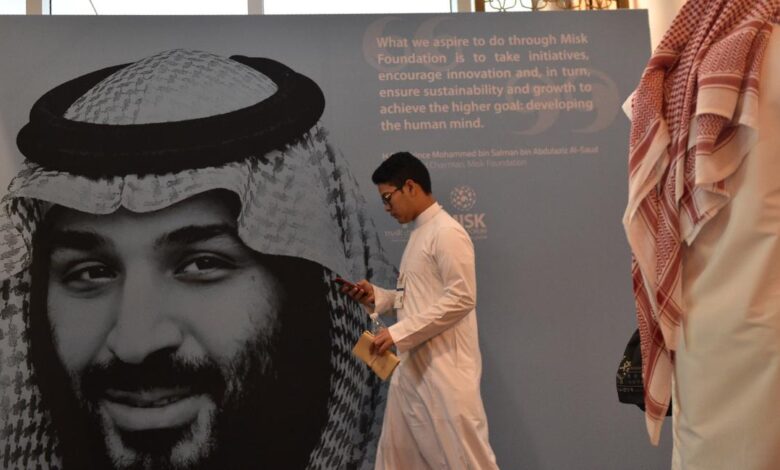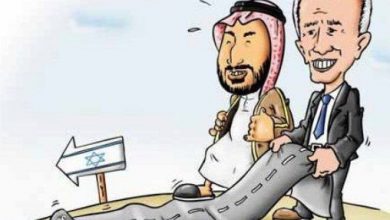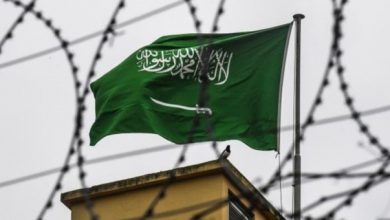Saudi Arabia exploits United Nations mechanisms to cover up its ongoing violations

The European Saudi Organization for Human Rights highlighted in a statement that alongside years of ignoring and disregarding international opinions and reports produced by human rights mechanisms, Saudi Arabia is currently using these mechanisms to promote its image and conceal its continuous violations.
The 53rd session of the United Nations Human Rights Council was opened on June 19, 2023, in Geneva, Switzerland. During the opening ceremony, High Commissioner Volker Türk presented a global update under Agenda Item 2, highlighting the cooperation between member states and the international human rights system, which is the cornerstone of the United Nations.
Türk’s speech came amid relentless efforts by the Kingdom of Saudi Arabia, which spends billions of dollars, to improve its image globally by using United Nations human rights mechanisms. Saudi Arabia has appointed women in international missions and has started responding to some reports and complaints with misleading and unrealistic information.
Türk affirmed that a lack of cooperation with these mechanisms sidelines human rights, and selective affiliation weakens them and the number of relevant international mechanisms.
He clarified that the Universal Periodic Review unequivocally confirms that human rights scrutiny is not a violation of sovereignty but a legitimate issue of international interest. In addition, involving civil society creates increased awareness of human rights issues. Türk urged states to intensify their efforts to implement the resulting recommendations.
The Universal Periodic Review for Saudi Arabia is expected to be held later this year, despite its ongoing disregard for hundreds of accepted recommendations from the previous cycle and the continued suppression of civil society, preventing any meaningful participation in the review process from within.
Türk emphasized the importance of the role of Special Rapporteurs affiliated with the United Nations and positive cooperation by states. These rapporteurs conduct an average of 60 to 80 country visits per year.
The High Commissioner noted that Saudi Arabia and 18 other countries had not accepted any visits in the past five years, despite receiving five or more requests, including persistent requests.
Türk stressed that regular reporting to the treaty bodies is an essential part of each state’s obligations, and he highlighted that the Convention on the Rights of the Child is one of the most ratified treaties in the world.
Despite Saudi Arabia’s ratification of several international conventions, including the Convention on the Rights of the Child and the Convention against Torture, it continues to reserve the ratification of its optional protocols while deliberately violating these conventions in various ways.
The High Commissioner considered attacks on individuals due to their cooperation with the United Nations as a malicious form of non-cooperation that can have a chilling effect across civil society.
He expressed deep concern about the suppression faced by civil society in many countries.
The annual report on reprisals by the High Commissioner mentioned Saudi Arabia’s violations in this context in several reports, while European Saudi Organization for Human Rights information confirms that violations against those who cooperate with non-governmental organizations and the United Nations are much higher.





